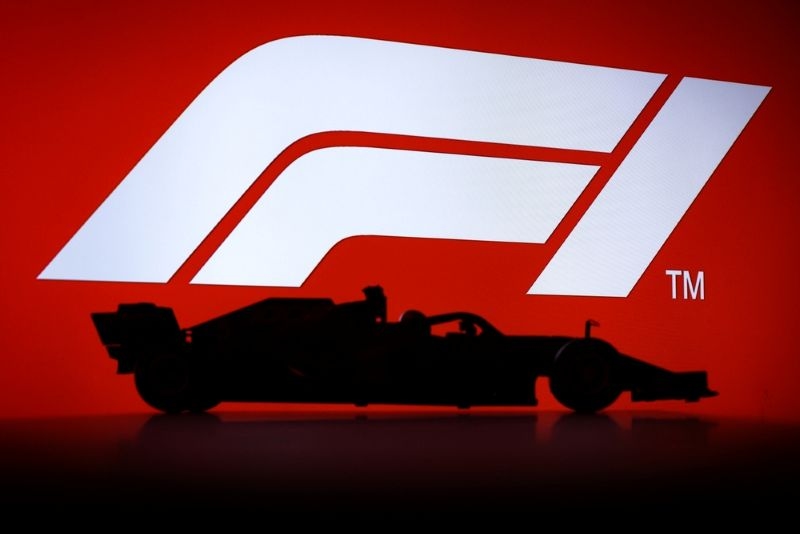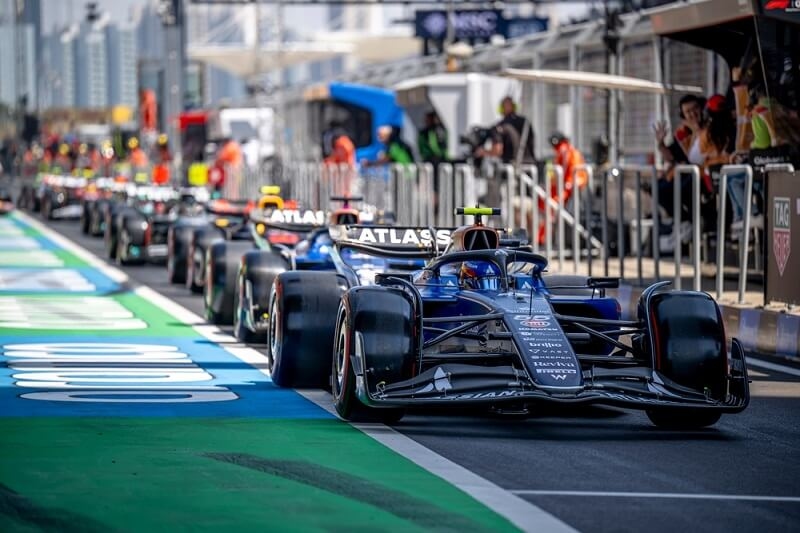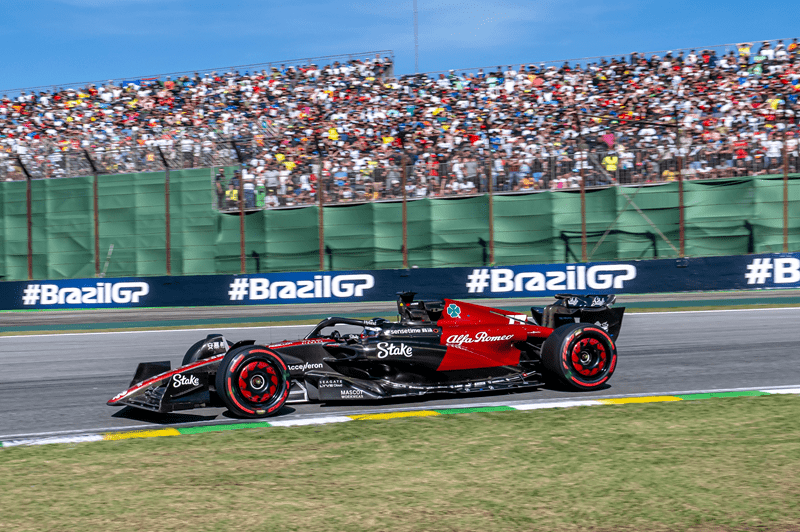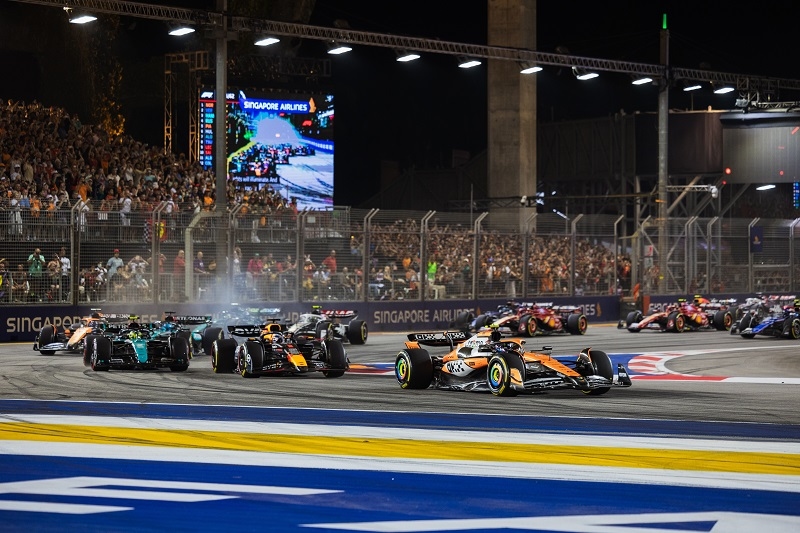Liberty Media Expects Rise In Las Vegas GP Set Up Costs

As the global motor racing scene continues to evolve, Formula 1, the pinnacle of motorsport, aims to expand its footprint in key markets. The United States, with its rich motor racing heritage, presents a unique opportunity for F1. Liberty Media, the current owners of Formula 1, has been at the forefront of this expansion drive. Liberty's ambitious plans to host a Grand Prix in the glitz and glamour of Las Vegas from November 16-18, 2023, have made headlines recently. However, there's a twist: setting up the Las Vegas GP is expected to be pricier than previously anticipated.
Why the Rise in Costs?
Location & Infrastructure Challenges: Hosting a race in an iconic location like the Las Vegas Strip requires unprecedented logistical arrangements. Unlike other circuits built from scratch in open areas, this urban environment presents numerous infrastructure challenges. Temporary installations need to be robust enough to ensure the safety of both drivers and spectators while also accommodating the Strip's day-to-day activities.
High-Caliber Spectacle: Liberty Media isn't merely organizing a race; they're curating a spectacle. To rival the already established entertainment venues of Las Vegas, the Grand Prix must be of a caliber that's nothing short of spectacular. Enhanced track-side amenities, state-of-the-art broadcasting facilities including a larger than life screen, and VIP experiences are all factors driving up the costs.
Stakeholder Negotiations: The Las Vegas Strip is home to numerous businesses, hotels, and casinos. To temporarily repurpose sections of this iconic location for a race, extensive negotiations and compensations are involved. This, naturally, has its associated financial implications.
Environmental Concerns: In a world becoming increasingly sensitive to environmental issues, Formula 1 races, too, must adhere to stringent ecological norms. Ensuring that the Las Vegas GP is eco-friendly, from reduced carbon emissions to waste management, is an added cost factor.
Safety: Formula 1's continued commitment to safety has witnessed significant investments in research, development, and deployment of advanced safety mechanisms. An urban circuit, with its unique set of challenges, demands further advancements in this area.
What Does This Mean for Formula 1 and Fans?
Liberty Media's decision to absorb the higher costs reflects their belief in the long-term potential of the Las Vegas GP. They envision it not just as another race on the calendar but as an event that will significantly elevate the sport's profile in the U.S and globally. For fans, this could mean several things:
A Premier Experience: The additional investments would undoubtedly translate to an unrivaled spectator experience. Fans can expect cutting-edge facilities, immersive hospitality experiences, and world-class entertainment.
Economic Implications: While ticket prices for such a marquee event might be on the higher side, the influx of international visitors would provide a substantial economic boost to Las Vegas.
Enhanced Accessibility: Given the challenges in setting up the race, there's a possibility that the number of seats available might be limited compared to other Grand Prix venues. However, with the expected rise in digital engagements, fans worldwide can anticipate more interactive and immersive online viewing experiences.
The Broader Impacts of the Las Vegas GP
The Las Vegas GP is more than just another race; it's an embodiment of F1's evolution and its continuous ambition to break barriers.
Global Reach and Exposure: Hosting a GP in such a prominent location as Las Vegas will elevate the sport's visibility to newer audiences. Las Vegas, a hub for entertainment and tourism, will attract not just avid F1 fans but also those mildly familiar or entirely new to the sport. The global audience reach, given the city's popularity, will be unparalleled, creating waves of new arrivals of F1 fans and enthusiasts.
Strengthening the U.S. F1 Footprint: F1 has, in the past, struggled to cement its presence in the U.S. market. While the United States Grand Prix in Austin helped build momentum, the Las Vegas GP can solidify F1s status. With two major races in the country, the U.S. could soon emerge as a focal point for F1, bridging the longstanding gap between American motorsport aficionados and the European-centric Formula 1.
Boosting Local Economy: Beyond the direct revenues from the race, Las Vegas will benefit from significant secondary economic activities. Hotels, restaurants, casinos, and other local businesses will see a surge in patronage. The global media coverage will also enhance Las Vegas' image as a versatile destination, capable of hosting large-scale international events.
Cultural Fusion: Formula 1 has always been a melting pot of cultures, with teams, drivers, and fans from all corners of the world. The Las Vegas GP will act as a unique platform where the glamor and opulence of Vegas meet the adrenaline and precision of F1. This fusion promises to deliver not just a race, but a cultural extravaganza.
Setting a Precedent: The success of the Las Vegas GP can set a precedent for other iconic urban races. City circuits like Monaco have always held a unique charm, and Las Vegas could pave the way for more such races in global metropolises. This could redefine the way we understand and experience F1 races in the future.
This content was created by AI




